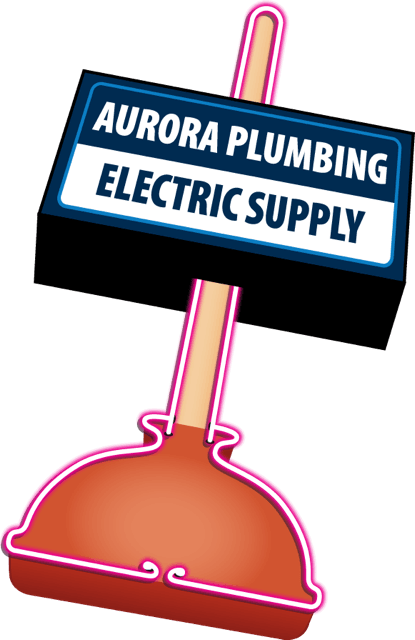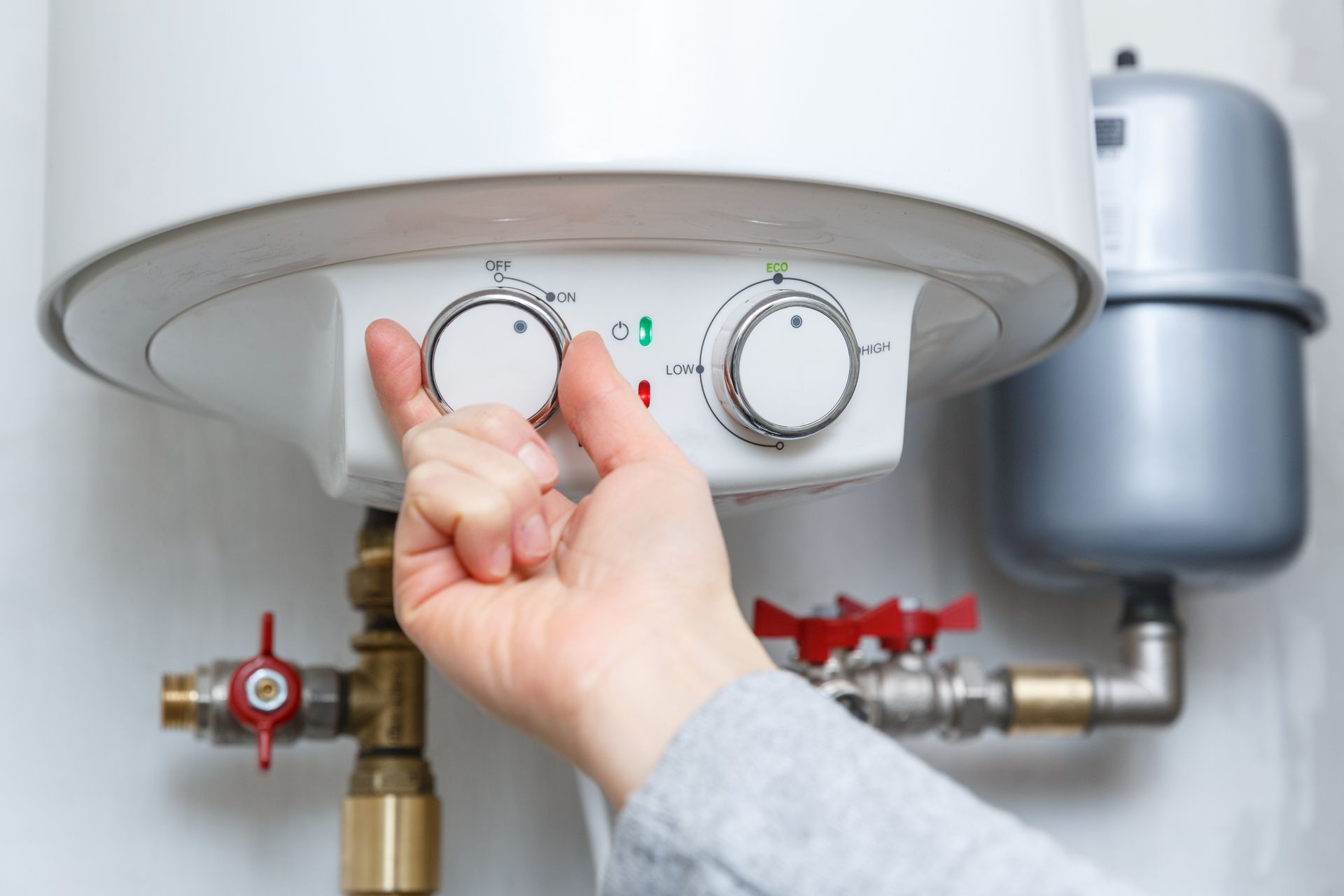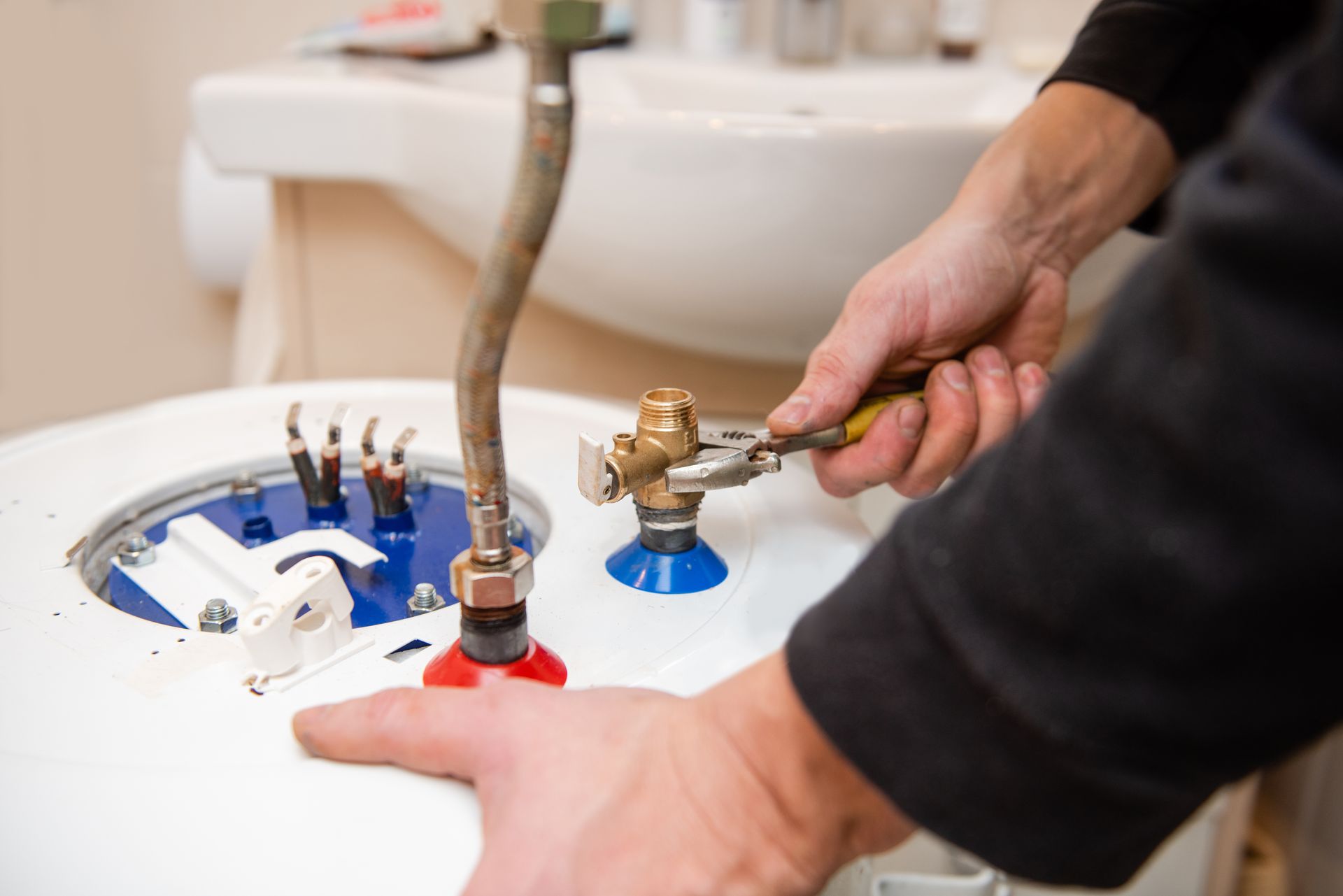4 Common Causes of Foul Odors in Sewer Systems

Stinky sewers can create an uncomfortable environment in your home. Usually, the foul odors often point to an underlying problem in your sewer system. Learn about some of the main causes of foul odors in a sewer system.
1. Bacteria Buildup
Bacteria buildup in a sewer system can lead to foul smells due to the decomposition of organic matter. The sewer system carries various waste materials, including food particles, hair, dirt, and other debris, which provide an abundant food source for bacteria.
These substances accumulate over time, creating a suitable environment for bacteria to thrive and multiply. Bacteria decompose the organic matter, producing various byproducts, including gases. Regular maintenance can help mitigate bacteria buildup and minimize the occurrence of foul smells.
2. Dry Drains
Dry drains in your sewer system can lead to foul smells due to a lack of water in the traps. Typically, a drain trap contains a small amount of water as a barrier between your living space and the sewer lines. This water prevents sewer gases containing unpleasant odors from rising up and infiltrating your home.
When drains are unused for extended periods, the water in the traps can evaporate, leaving them dry. As a result, the odors from the sewer start to travel up the pipe and enter your living space. Such can create an unpleasant and unhygienic environment.
Regularly running water through your drains can help maintain the water levels in the traps and prevent them from drying up. Professional plumbers can also perform pipe cleaning procedures to remove any accumulated debris or blockages that could contribute to foul odors.
3. Clogged or Missing Vents
Clogged or missing vent pipes can lead to foul smells in your sewer system due to the disruption of the drainage and ventilation processes. In a properly designed plumbing system, a larger network of vent pipes, known as the drain-waste-vent (DWV) system, connects to the drains and fixtures in your home. These vent pipes extend from the plumbing system and exit through the roof of your home.
Vent pipes allow air to enter and exit the system, creating proper pressure balance and preventing sewer gases from entering your living space. Clogs may develop in the main stacks or other sections of the vent pipes due to debris blocking the airflow. These clogs restrict the flow of air and create negative pressure within the plumbing system, trapping foul-smelling gases inside the pipes.
Additionally, if vent pipes are missing, there is no outlet for the sewer gases to escape. The absence of vent pipes causes the sewer gases to build up within the plumbing system and eventually escape into your home. This results in unpleasant odors permeating through drains, toilets, and other fixtures. Therefore, maintain a properly functioning DWV system with clear, unobstructed vent pipes to prevent foul smells.
4. Dirty Garbage Disposal
A dirty garbage disposal can contribute to foul smells in your sewer system, providing an environment for food particles to accumulate and rot. When you throw food scraps into the disposal, the scraps can catch in the blades or linger in the crevices of the disposal chamber. Over time, these trapped food particles start to decompose, emitting unpleasant odors.
Running an inadequate amount of water while using the garbage disposal doesn't effectively flush the food remnants down the drain.
Dumping a large amount of food all at once can also overload the disposal and hinder its ability to grind the food into smaller particles. To prevent foul smells, run sufficient water each time you use your garbage disposal unit.
Have you experienced sewer problems? Aurora Plumbing and Electric Supply can help you with sewer repairs and maintenance. Contact us to book an appointment.













